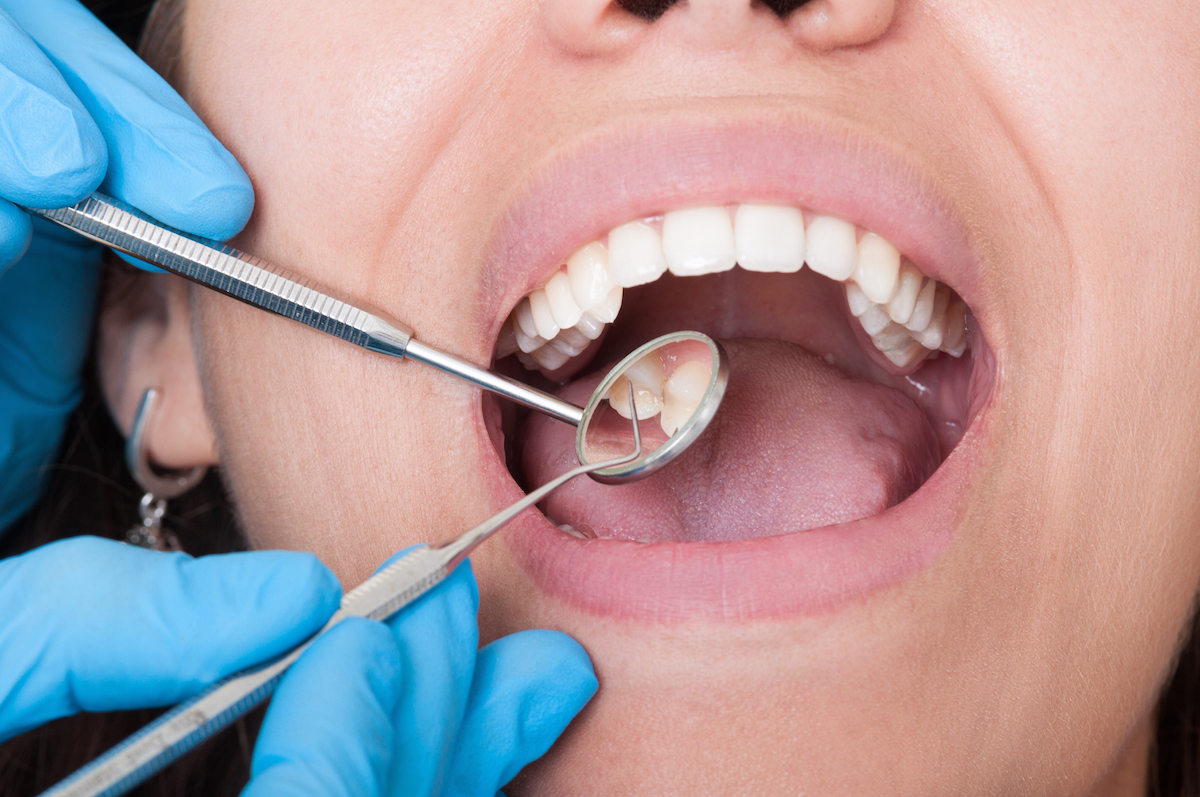An overview of Oral Care
Oral Care: The Importance of Maintaining Good Oral Health

Oral care is essential to maintaining good oral health. It involves taking care of your teeth, gums, and mouth to prevent dental problems such as tooth decay, gum disease, and bad breath. Poor oral hygiene can also lead to more serious health problems like heart disease and stroke. In this article, we will discuss the importance of maintaining good oral health and some tips for keeping your mouth healthy.
Why is Oral Care Important?
Maintaining good oral health is important for several reasons. First, it can prevent tooth decay and gum disease. Tooth decay occurs when bacteria in the mouth feed on sugar and produce acid that erodes the enamel on your teeth. Over time, this can lead to cavities and other dental problems. Gum disease, also known as periodontal disease, is an infection of the gums that can lead to tooth loss if left untreated. Good oral hygiene can help prevent both of these conditions.
Second, good oral health can prevent bad breath. Poor oral hygiene can lead to the buildup of bacteria in the mouth, which can cause a foul odor. Brushing, flossing, and using mouthwash regularly can help prevent bad breath.
Third, maintaining good oral health can prevent more serious health problems. Research has shown a link between gum disease and other health conditions such as heart disease, stroke, and diabetes. It is thought that the inflammation caused by gum disease can lead to inflammation in other parts of the body, increasing the risk of these conditions.
Tips for Good Oral Care
Now that we know why oral care is important, let's discuss some tips for maintaining good oral health.
1. Brush twice a day: Brushing your teeth twice a day is essential for removing plaque and food particles from your teeth. Use a fluoride toothpaste and a soft-bristled toothbrush. Brush in circular motions for at least two minutes.
2. Floss daily: Flossing is just as important as brushing for removing plaque and food particles from between your teeth. Use about 18 inches of floss and wrap it around your fingers. Gently insert the floss between your teeth and move it up and down.
3. Use mouthwash: Mouthwash can help kill bacteria in the mouth and freshen breath. Choose an alcohol-free mouthwash and use it once a day.
4. Limit sugary and acidic foods and drinks: Sugar and acid can erode the enamel on your teeth, leading to cavities and other dental problems. Limit your intake of sugary and acidic foods and drinks, and brush your teeth after consuming them.
5. Visit the dentist regularly: Regular dental checkups are essential for maintaining good oral health. Your dentist can detect and treat dental problems early, preventing them from becoming more serious.
In conclusion, oral care is important for maintaining good oral health and preventing dental problems and more serious health conditions. Follow these tips for good oral hygiene, and don't forget to visit your dentist regularly for checkups and cleanings. With good oral care, you can keep your teeth and gums healthy and prevent dental problems in the future.